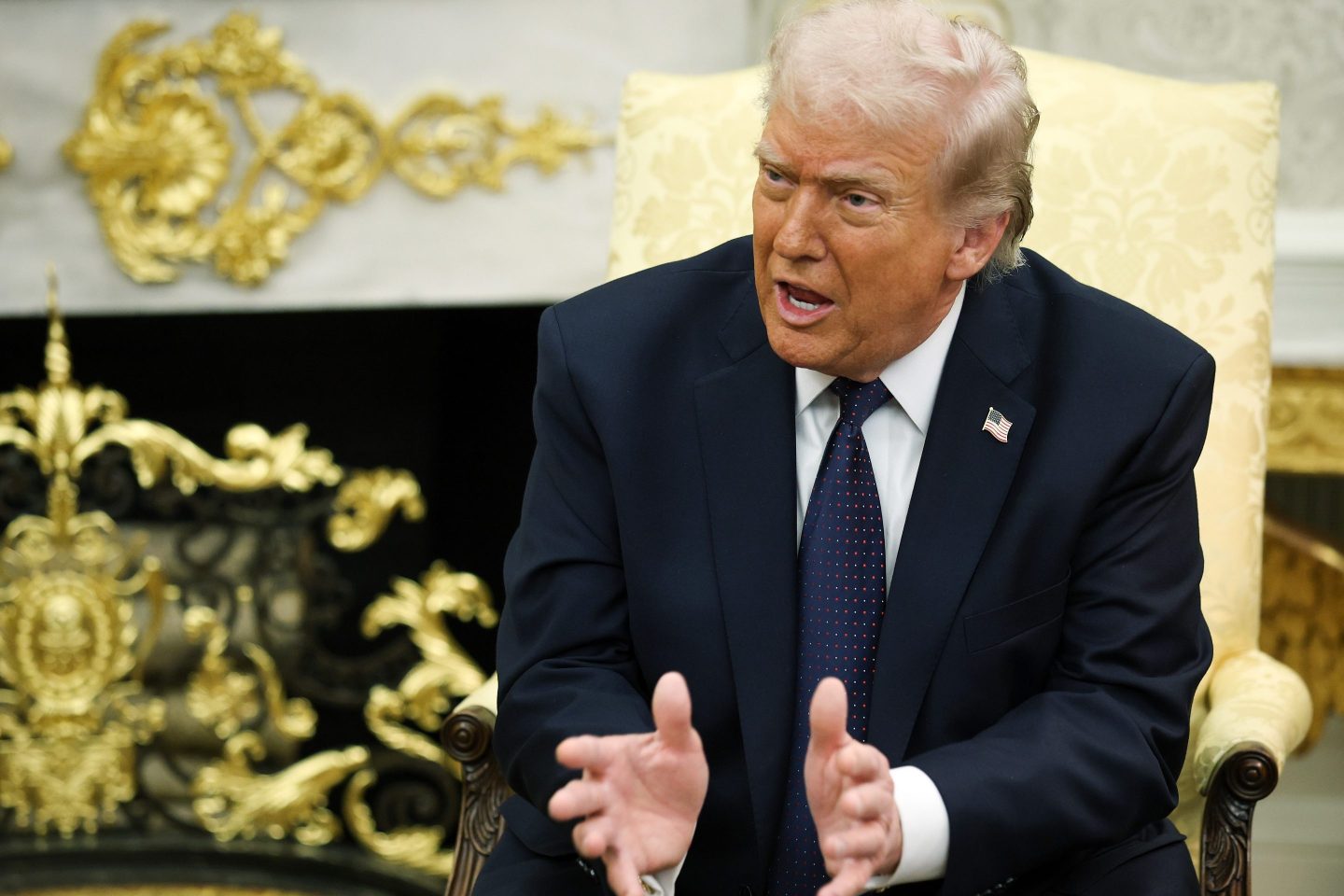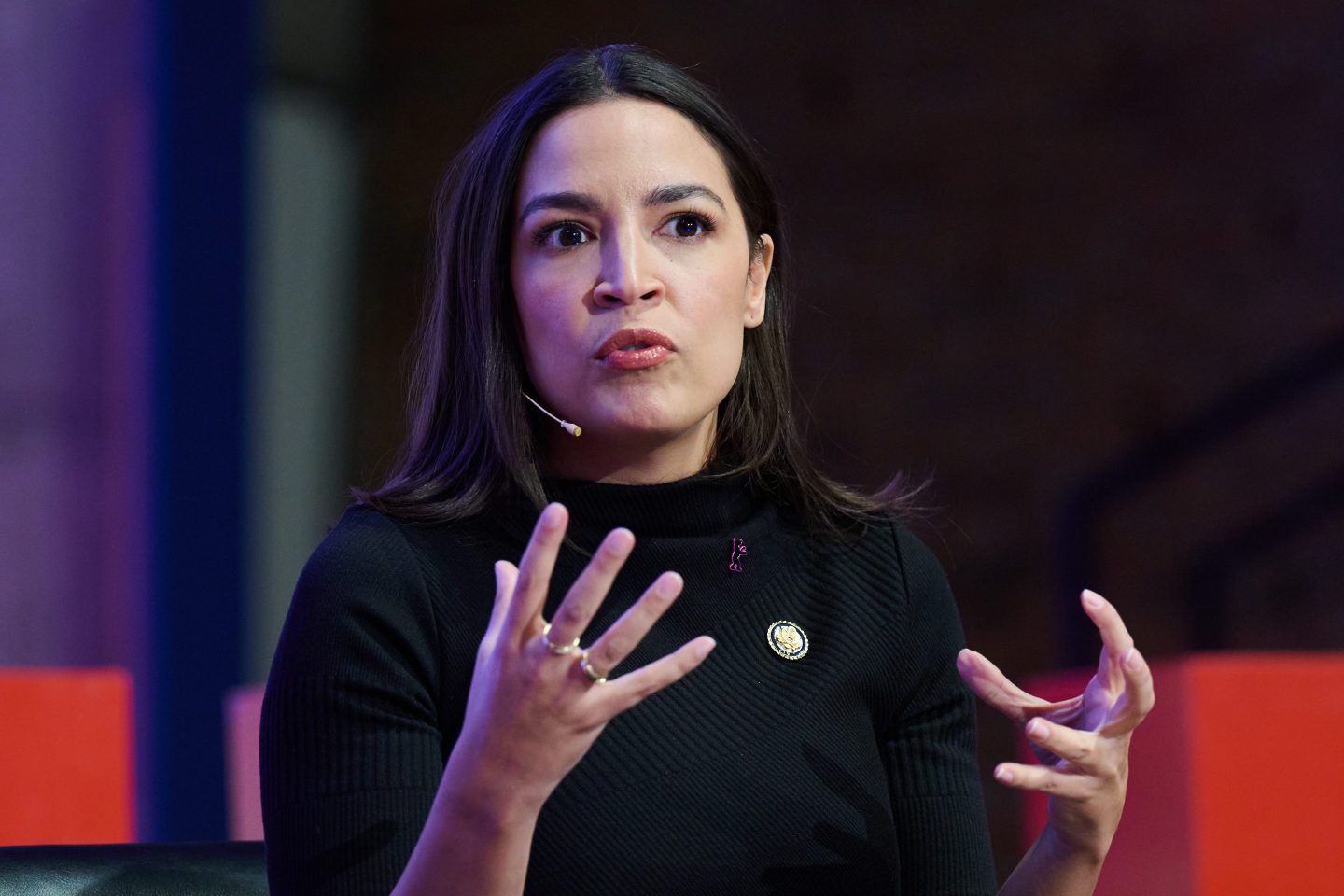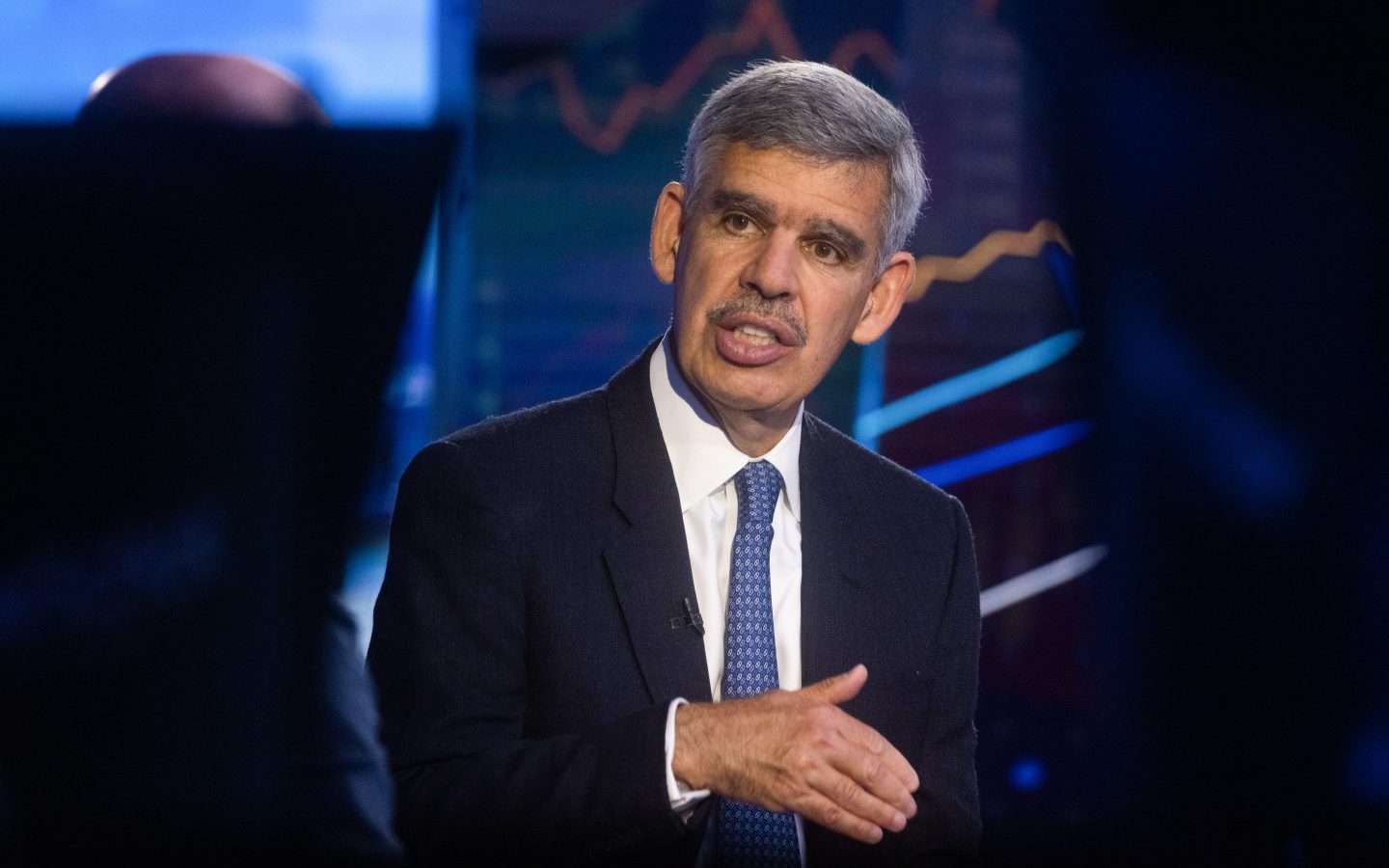The Biden administration is preparing to launch a public health campaign targeting the vaccine hesitant as more adults become eligible to receive their first doses in the coming months.
The Centers for Disease Control and Prevention have already begun to hold “vaccine confidence consultations” with state and local officials on how to educate residents about the vaccine and combat misinformation, according to Politico. These consultations accompany a step-by-step guide recently published on the CDC’s website designed to help local health departments and hospitals identify and tackle vaccine skepticism in their communities. A recent public service announcement featuring former Presidents and First Ladies—conspicuously absent were former President Donald Trump and First Lady Melania Trump—also served as a curtain-raiser for the new Biden initiative, for which the administration has set aside $1.5 billion.
But the campaign will grow more robust in the coming weeks, blanketing the country with television and radio spots about the COVID vaccine. The messaging has been crafted to address not only skeptics but groups of people who want the vaccine but lack information on how to go about getting immunized, a Biden aide told STAT.
The number of Americans who are willing to get the vaccine has increased as more people receive it. In a February poll, the Kaiser Family Foundation (KFF) found that 55% of adults have already gotten their first dose or are planning to as soon as it becomes available, whereas in December just 37% said the same. Meanwhile, the proportion of people on the fence about getting the vaccine—what KFF calls the “wait and see” group—has shrunk, a promising sign that suggests confidence in the vaccine is increasing as Americans see their friends and family receive it without suffering any ill effects. It is this group that experts say is the most persuadable and is likely to benefit most from education and outreach about the vaccine, as well as members of marginalized communities who face increased barriers to accessing the vaccine that in some cases can act as a deterrent.
Last month, the White House announced it would be boosting efforts to get the vaccine to those communities by allocating doses to federally funded clinics that serve low-income populations and people of color. The Biden administration is also working with states to open new mass vaccination sites targeting these populations; so far these sites have opened in New York and Texas. Vaccine hesitancy can be more complex among communities of color: Historic oppression and marginalization have resulted in distrust of government officials and the medical system.
“It is not paranoia. It is not that Black people don’t ‘get it’ or are simply uneducated and unintelligent about their health,” Brittani James, a family physician and the cofounder of the Institute for Antiracism in Medicine, told NBC News. “The reality is that their worries have been earned and will not be corrected until medicine and public health and the government reckon with the past and what has been done to Black and brown people.”
KFF’s survey shows that some 22% of Americans are anti-vaccine hardliners, a number that has remained constant over the past couple of months. A breakdown of those respondents’ age, race, location, and political orientation revealed that vaccine skepticism is particularly high among Republicans: 28% of people who identify as such say they will “definitely not” get the vaccine.
Some say Trump missed a critical opportunity to engage some of the skeptics in his party when he and Melania were quietly vaccinated in January before leaving the White House. At a Monday press briefing, White House press secretary Jen Psaki said that the Biden administration would welcome Trump getting involved in the campaign.
“Every other former President—or most of them, not all of them—has participated in public campaigns,” Psaki said. “They did not need an engraved invitation to do so. [Trump] may decide he should do that; if so, great.”
There’s a lot riding on the Biden administration’s COVID vaccine PSA blitz being a success. Biden has directed states to make all adults eligible for the vaccine by May 1, a fast-approaching deadline. Vaccine hesitancy could mean many of the vaccine doses that become available will go to waste, which means many more weeks and months of battling the pandemic. Biden has preemptively designated July 4 as COVID “independence” day—the day he says life in the U.S. will start to resemble normalcy.
“I think President Biden is right that by May, there will be enough vaccines for anyone who wants them, and we’ll start looking to people who don’t,” Dorit Reiss, a University of California Hastings Law professor who researches vaccine ethics, told STAT. “I don’t think we can wait. It’s not that long [from now].”
More politics coverage from Fortune:
- Bitcoin? Food? Debt? How most Americans actually plan to spend their stimulus checks
- The latest stimulus plan’s expanded child tax credit could be the first step toward guaranteed income in America
- Companies face calls to bring “dark money” political spending into the light
- “Courage goes along with leadership”: Business leaders take a stand on gun safety
- One year later: 15 ways life has changed since the onset of the COVID pandemic











